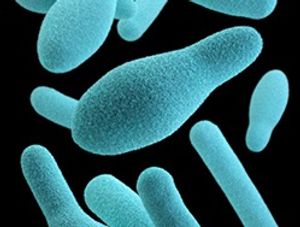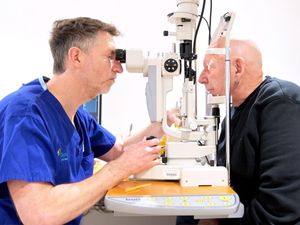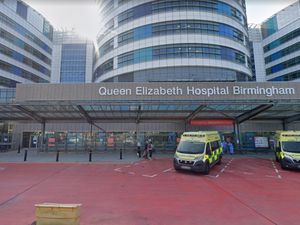West Midlands people who have recently travelled to Bordeaux and eaten at a certain wine bar urged to contact hospital ASAP
People in the West Midlands who have recently travelled to Bordeaux, France, and eaten at Tchin Tchin Wine Bar between September 4 and September 10 are being urged to contact their local NHS Emergency Department urgently.

It comes after cases of botulism - a rare but life-threatening condition that attacks the body's nerves and paralyses muscles - were detected by French public health authorities.
According to the UK government, 29 people have been identified who ate the implicated food. Three have travelled home to England for treatment.
The UK government also said the source was sardines.
The UK Health Security Agency wants anyone who ate at Tchin Tchin Wine Bar between the above dates to contact their local emergency department and "let them know that you have recently visited a restaurant with a botulism outbreak."
They were also keen to point out that botulism "does not spread from person to person and there is no risk to the general population."
According to the NHS website, botulism is a "rare but life-threatening condition caused by toxins produced by Clostridium botulinum bacteria.
"These toxins attack the nervous system (nerves, brain and spinal cord) and cause paralysis (muscle weakness).
"Most people will make a full recovery with treatment, but the paralysis can spread to the muscles that control breathing if it is not treated quickly."
Botulism is fatal in around 5-10 per cent of cases. The symptoms include:
drooping eyelids
blurred or double vision
facial muscle weakness
difficulty swallowing (dysphagia)
slurred speech
breathing difficulties
The toxins can be found in food when someone eats something containing the toxins because it has not been properly canned, preserved or cooked - this is why you shouldn't eat food from damaged cans.
But it also occurs "when a wound becomes infected with the bacteria, usually as a result of injecting illegal drugs like heroin contaminated with the bacteria into muscle rather than a vein."
There are generally two ways the condition is treated, and both involve hospital:
neutralising the toxins with injections of special antitoxins or antibodies.
supporting the functions of the body, such as breathing, until you recover.
For more information visit: https://www.gov.uk/guidance/food-botulism-outbreak-in-france-involving-british-nationals





